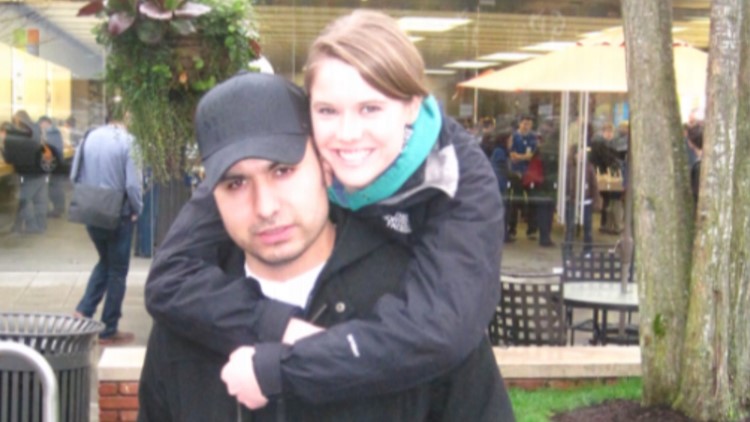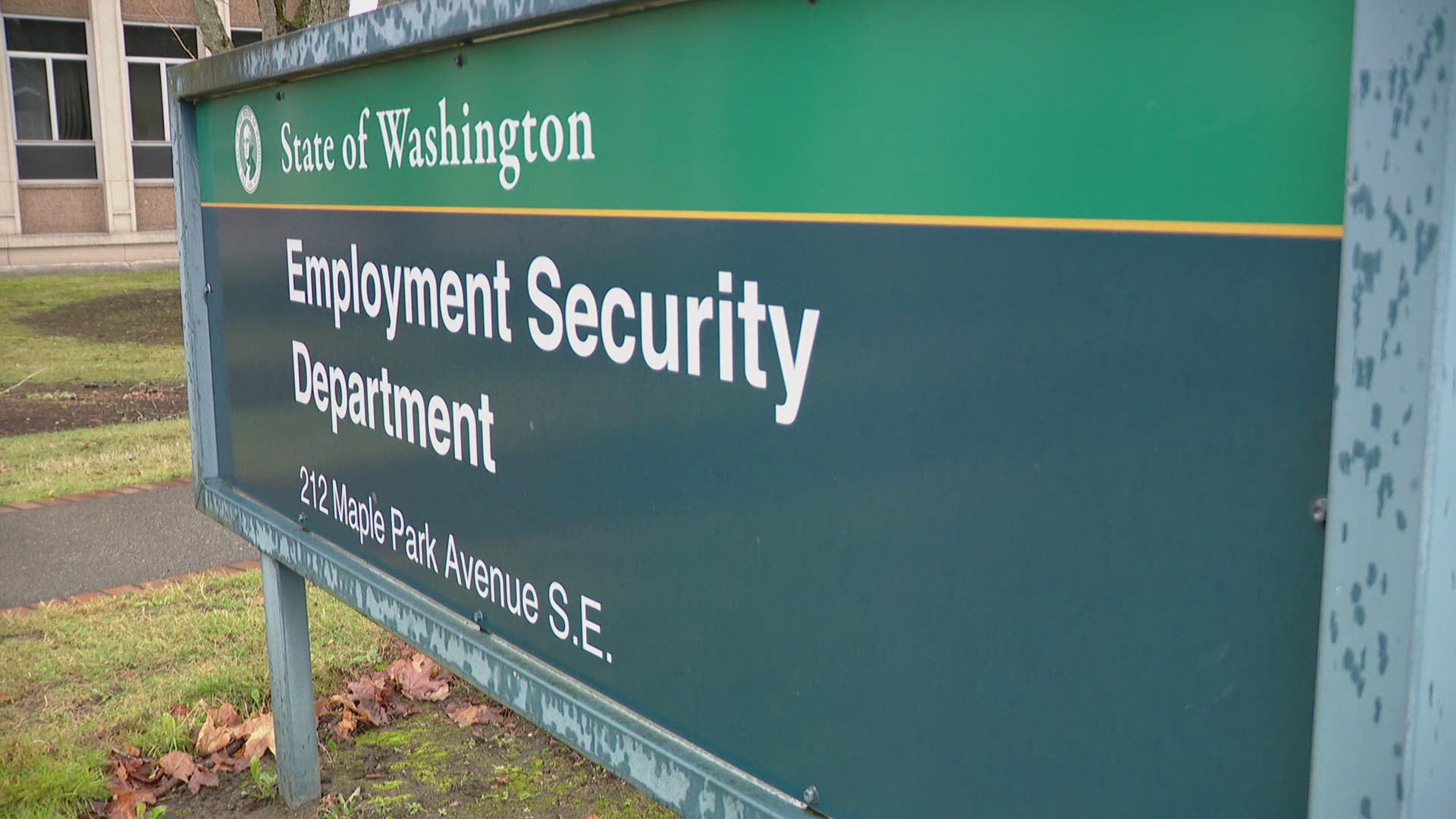This story was originally published March 29, 2016
As the legislative session winds down in Olympia, we're getting a look inside one very personal crusade to change state law. House Bill 1713, or 'Ricky's Law' is named after a suicide survivor and former drug addict who is now four years clean and sober.
Ricky Garcia hopes the bill bearing his name will help save lives.
"This would've saved me and my family and friends a lot of sleepless nights, and a lot of pain and agony that came along with my addiction," said Garcia.
He and his best friend, Lauren Davis, have been pushing House Bill 1713 for the last two legislative sessions. The bill would allow someone to be involuntarily committed for substance abuse treatment if they are at risk of harming themselves.
During Garcia's struggle with addiction, he was admitted to the emergency room more than 75 times. He had six psychiatric hospitalizations and wound up in the ICU on three different occasions.
If involuntary commitment would've been an option back then, Davis believes Ricky could've gotten help and gotten clean much more quickly.
"He was dying. He was dying," said Davis.
She recalls the day a doctor in a psychiatric hospital said something that stuck with her.
"He said to Ricky, basically that he was going to die," she said. "And he said if we were in another state and I had the ability to involuntarily commit you, I would. But under Washington state law, my hands are tied."
That was all Davis needed to hear. That was the motivation behind House Bill 1713.
In 2015, she and Ricky were disappointed when the bill did not pass in the legislature.
"It was there that we decided we were going to go back full force to try to get this bill passed," said Garcia.
They returned to Olympia in 2016, determined to get lawmakers in both the House and the Senate to give the bill a chance.
Tuesday finally brought some good news.
"The bill was funded in the final compromised budget that was released this morning, which was an absolute magical moment, to see that," said Davis.
Then, the House approved 'Ricky's Law' and late Tuesday evening, so did the Senate.
"It's a beautiful feeling," said Garcia. "Because it's going to save lives, and that's what's most important."
The legislation approved provides about a half million dollars in funding immediately, to provide training to the people who currently do detentions for mental health commitments.
"They'll be trained to do chemical dependency involuntary commitments as well," said Davis.
The first facility designated for involuntary commitment for substance abuse would be built in 2018. In total, Davis says 'Ricky's Law' calls for the construction and development of nine of those facilities. The bill gives the state until 2026 to fully implement that plan.
It's an expensive idea, but Davis believes it will end up saving the state more money than it costs to implement.
She says the savings will come in the form of reduced hospital visits and healthcare costs, because instead of being in and out of the emergency room, people with substance abuse issues will be getting longterm help.
"So the big victory today is that we will now have a mechanism by which a family member or friend can involuntarily commit somebody who is essentially dying of their addiction," she said.
'Ricky's Law' must still be signed by the governor. Both Garcia and Davis say they won't be able to fully celebrate until that last hurdle is cleared.



